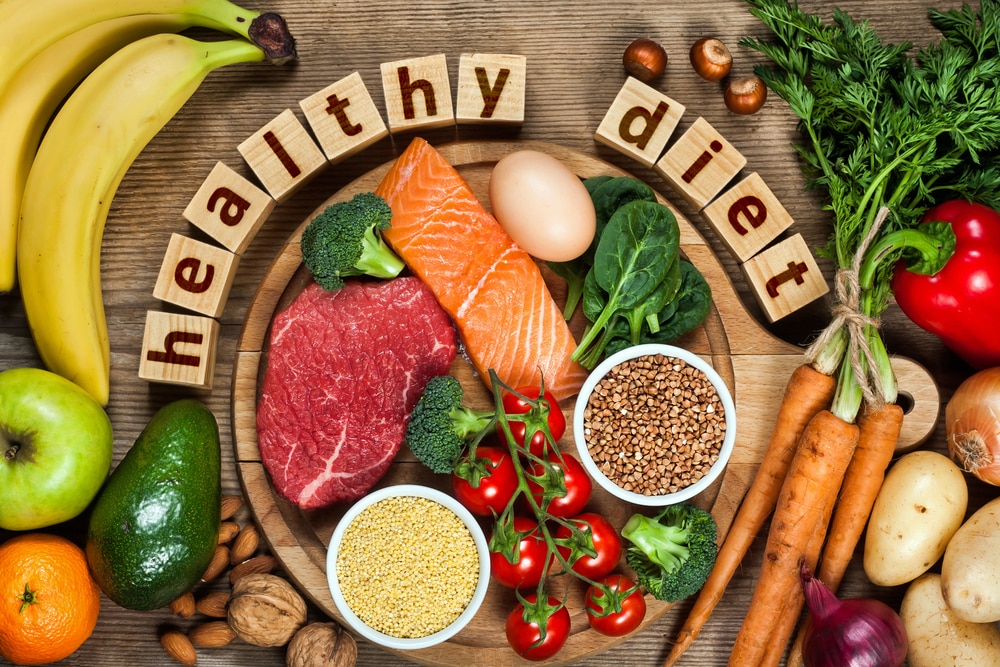Food is more than just sustenance; it embodies identity, culture, ethics, and health. People adopt specific diets for numerous reasons, ranging from personal health objectives and ethical beliefs to environmental concerns and economic factors. Understanding these motivations provides a clearer perspective on the intricate relationship between food and individual choices.
Health and Wellness Goals
Health remains the foremost driver of dietary choices. Whether to lose weight, enhance physical and mental performance, or manage chronic illnesses, diet significantly impacts overall well-being.
Weight Management
Weight-focused diets target caloric balance or macronutrient proportions:
- Low-Carb Diets (e.g., Keto): Promote fat-burning by restricting carbohydrates.
- Intermittent Fasting: Alternates eating and fasting periods to manage caloric intake.
- Calorie-Controlled Diets: Focus on reducing daily caloric intake.
Chronic Disease Prevention
Specific diets mitigate chronic disease risks:
- DASH Diet: Targets high blood pressure with low sodium and nutrient-rich foods.
- Mediterranean Diet: Improves heart health with olive oil, vegetables, and whole grains.
- Plant-Based Diets: Associated with reduced risks of diabetes and cancer.
Comparison Table of Popular Health-Focused Diets
| Diet | Focus | Health Benefits |
|---|---|---|
| Keto | Low-carb, high-fat | Weight loss, improved energy |
| DASH | Low sodium | Reduces hypertension |
| Mediterranean | Balanced, plant-forward | Heart health, longevity |
“A well-chosen diet acts as both prevention and medicine, optimizing health and vitality.”
Ethical and Environmental Considerations
As awareness of environmental challenges and ethical dilemmas grows, more people align their diets with their values.
Ethical Drivers
- Vegan Diet: Excludes all animal-derived products to prevent exploitation.
- Flexitarian Diet: Reduces meat consumption while retaining flexibility.
Environmental Concerns
Livestock farming significantly contributes to deforestation, water shortages, and greenhouse gas emissions. Shifting to plant-based diets can reduce one’s ecological footprint.
Switching to a plant-based diet can reduce greenhouse gas emissions by up to 50%.
Cultural and Religious Influences
Dietary habits are integral to cultural identity and religious observance.
Cultural Practices
Cultural traditions often dictate dietary patterns:
- Japanese Diet: Combines rice, fish, and fermented foods for longevity.
- Nordic Diet: Emphasizes seasonal foods like fish and berries.
Religious Practices
Religious teachings influence dietary guidelines:
- Kosher and Halal: Govern preparation and permissible foods in Judaism and Islam.
- Fasting Practices: Present in Christianity, Hinduism, and Buddhism.
Personal Preferences and Lifestyle Choices
Individual tastes and convenience frequently shape dietary decisions.
Taste and Convenience
Taste preferences and lifestyle constraints play critical roles:
- High-Protein Diets: Favored by athletes for muscle recovery.
- Meal Prepping: Popular among busy professionals for efficiency.

Economic Factors
Financial constraints and food accessibility significantly impact dietary choices.
Cost and Availability
Economic conditions often determine diet quality:
- Affordable Diets: Diets based on legumes, grains, and seasonal produce.
- Food Deserts: Limitations in rural areas may restrict access to fresh, healthy foods.
Social and Psychological Influences
Eating is inherently social, and psychological well-being can be linked to food choices.
Social Norms
Social environments shape dietary preferences:
- Family Traditions: Shared meals reinforce cultural eating habits.
- Peer Influence: Friends and colleagues impact food choices.
Psychological Well-Being
A balanced diet can enhance mood and mental health, while restrictive diets may lead to anxiety or disordered eating.
FAQ: Common Questions About Choosing a Diet
Here are some of the most frequently asked questions about diet choices:
1. How Can I Choose the Right Diet?
- Identify your goals (e.g., weight loss, ethical concerns).
- Consider medical needs or allergies.
- Seek professional guidance for tailored advice.
2. Are Plant-Based Diets Healthier?
Yes, they offer numerous benefits like lower risks of heart disease and environmental sustainability. However, balanced planning is essential to avoid nutrient deficiencies.

Final Thoughts
Choosing a diet is a deeply personal decision influenced by health, ethics, culture, and convenience. Understanding the motivations behind these choices allows for a more empathetic perspective and promotes informed, sustainable practices.



